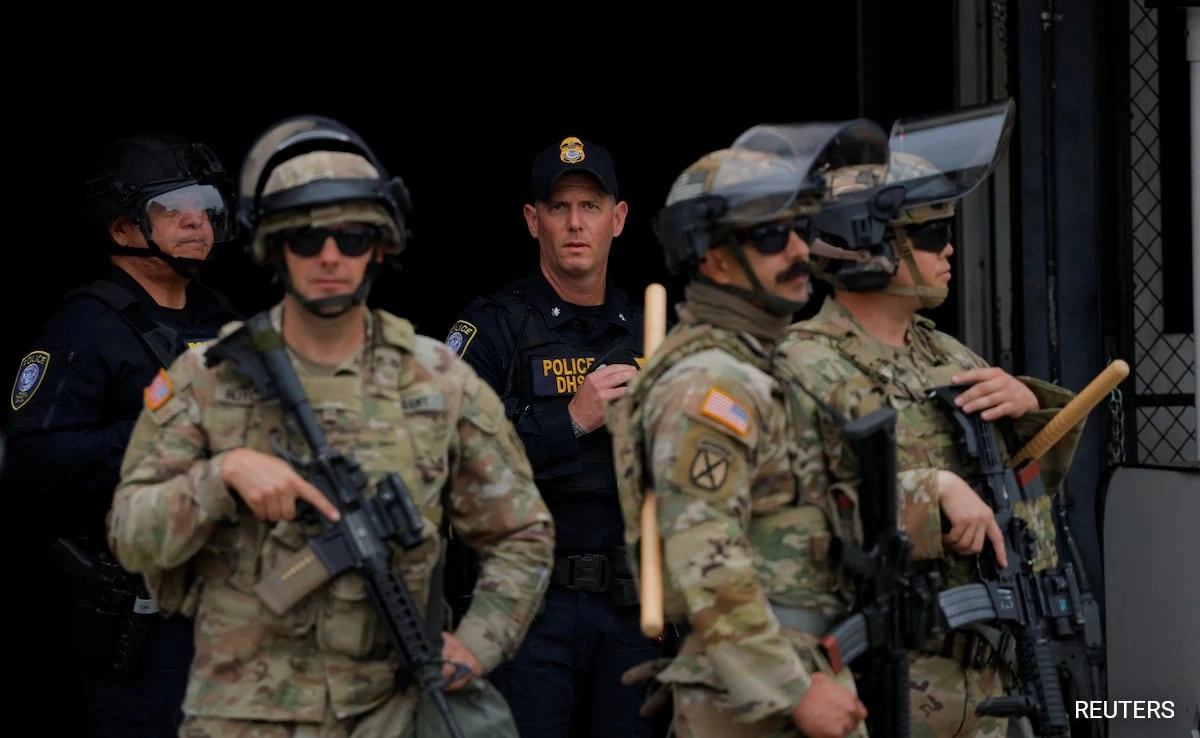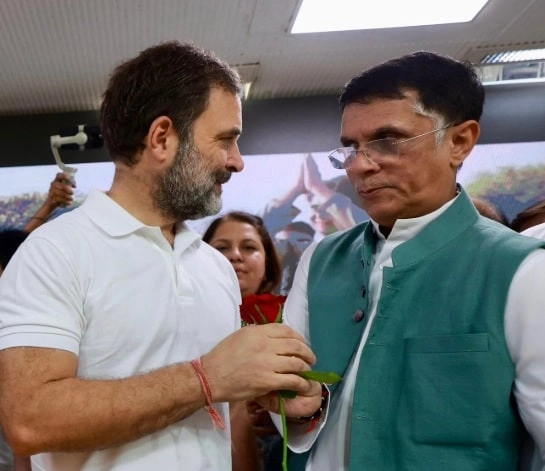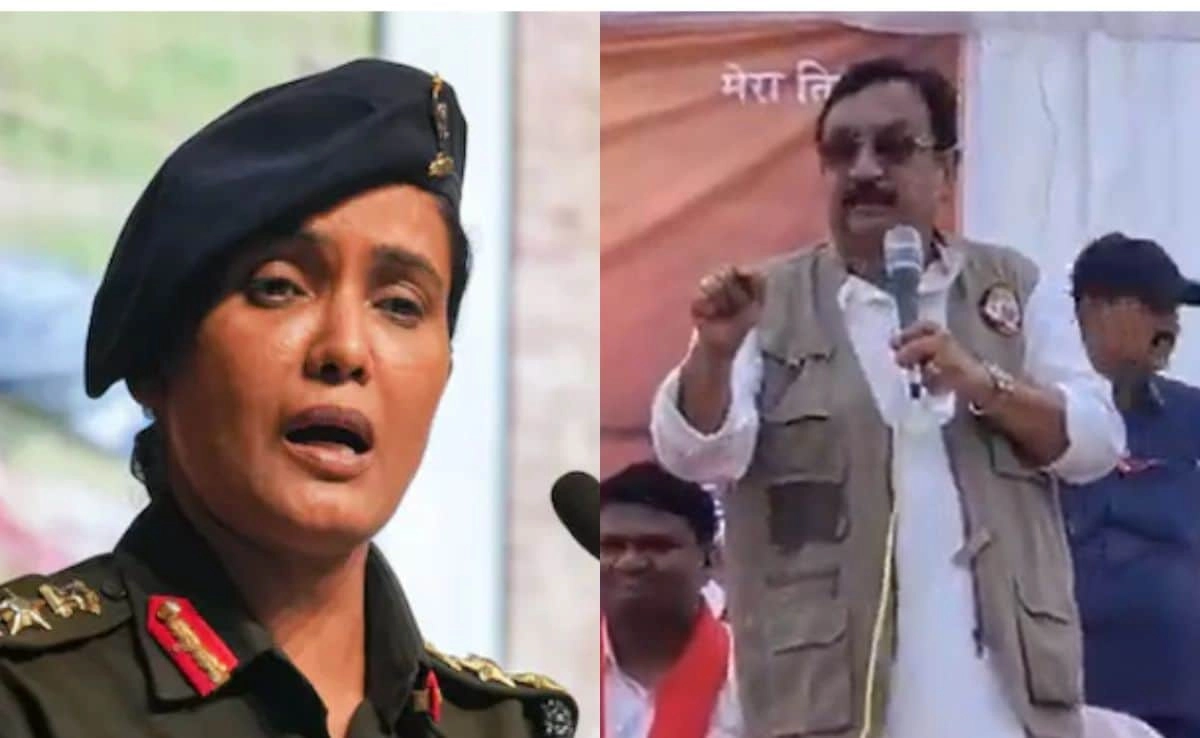Former President Donald Trump is reportedly considering the deployment of National Guard troops in Washington, D.C., as tensions rise surrounding his potential indictment. This development comes amid heightened security concerns and a call for preventive measures to maintain order in the nation’s capital. Trump’s legal challenges have drawn significant media attention and public scrutiny, heightening the stakes for both his supporters and opponents. As protests and demonstrations are anticipated, the involvement of the National Guard could serve as a deterrent against potential unrest.
The National Guard, a reserve military force that can be activated by the President or state governors, has historically been utilized in situations requiring a rapid response to civil disturbances. The decision to deploy troops is not taken lightly, as it raises questions about civil liberties and the appropriate use of military force in domestic affairs. Critics argue that such a move could escalate tensions rather than alleviate them, while supporters contend that it is necessary to ensure public safety and maintain order during a politically charged period.
In light of the current situation, both local and federal authorities are closely monitoring the developments surrounding Trump’s legal battles. The prospect of increased militarization in urban areas has sparked debate about the balance between security and freedom of expression. As the nation grapples with issues of justice and accountability, the implications of deploying National Guard troops extend beyond immediate security concerns, prompting discussions about the broader impact on democratic norms and civil rights. The unfolding events serve as a reminder of the complex interplay between governance, law enforcement, and the public’s right to protest in a democratic society.




